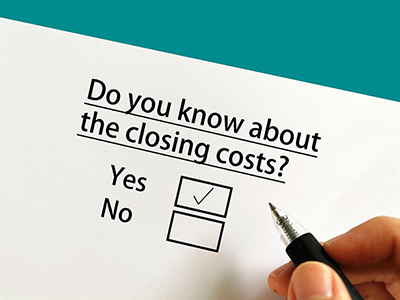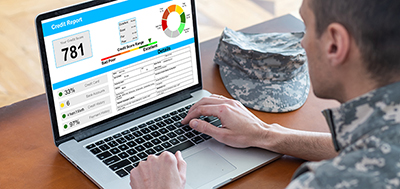Your credit score is one of the most critical factors that lenders consider when you apply for a mortgage. A higher credit score can not only improve your chances of approval but also secure you a lower interest rate, potentially saving you thousands of dollars over the life of your loan. Here are some actionable tips to help you boost your credit score
before applying for a mortgage.
1. Check Your Credit Report for Errors
Start by obtaining a free copy of your credit report from the three major credit bureaus:
Experian, TransUnion, and Equifax. Review each report carefully for any inaccuracies
or errors, such as incorrect personal information, duplicated accounts, or erroneous late
payments. Dispute any errors you find, as correcting them can positively impact your
score.
2. Pay Down Outstanding Balances
One of the most effective ways to improve your credit score is by reducing your credit
card balances. Your credit utilization ratio, which is the amount of credit you’re using
compared to your credit limit, plays a significant role in your credit score. Aim to keep
your credit utilization below 30%, and ideally below 10%, to maximize your score.
3. Pay Your Bills on Time
Payment history is the most significant factor in your credit score, accounting for 35% of
the total. Ensure you pay all your bills on time, including credit cards, utilities, and loans.
Setting up automatic payments or reminders can help you stay on top of due dates and
avoid late payments.
4. Avoid Opening New Credit Accounts
Each time you apply for new credit, it results in a hard inquiry on your credit report,
which can temporarily lower your score. Avoid opening new credit accounts or taking on
new debt in the months leading up to your mortgage application. Focus on managing
your existing credit responsibly.
5. Keep Old Accounts Open
The length of your credit history also impacts your credit score. Even if you no longer
use certain credit cards, keep them open, especially if they have a long history. Closing
old accounts can shorten your credit history and reduce your available credit, both of
which can negatively affect your score.
6. Diversify Your Credit Mix
A healthy mix of different types of credit, such as credit cards, installment loans, (but
avoid retail accounts), can positively impact your score. However, don’t take on new
debt just to diversify your credit mix. Instead, manage your existing credit responsibly.
7. Collections and Charge-Offs
DO NOT pay off collection accounts without consulting with a mortgage professional
first. Paying off a collection resets the timeline of the negative event to current day and
can dramatically reduce your score. Charge Off’s should not be paid off.
8. Consider a Secured Credit Card
If your credit history is limited or your score is very low, a secured credit card can help
you build credit. With a secured card, you make a deposit that serves as your credit
limit. Use the card responsibly, make timely payments, and over time, this can help
improve your credit score.
9. Limit Hard Inquiries
Each hard inquiry on your credit report can slightly lower your score. When shopping for
a mortgage, try to do all your rate shopping within a short period. Credit scoring models
often treat multiple inquiries within a certain timeframe (usually 14-45 days) as a single
inquiry, minimizing the impact on your score.
10. Stay Informed and Monitor Your Progress
Regularly monitor your credit score and report to track your progress. There are many
free and paid services available that offer credit monitoring. Staying informed allows you
to address any issues promptly and see the positive results of your efforts.
Improving your credit score is a crucial step in preparing for a mortgage application. By
following these tips, you can enhance your credit profile, increase your chances of
mortgage approval, and secure a better interest rate. Start early, be diligent, and you’ll
be well on your way to achieving your homeownership goals.
If you are purchasing a home or looking for a new mortgage, call Ruth. Ruth
Schoenherr is a mortgage broker who will help you find home loans in the Clearwater
and Tampa Bay area, and serving all of Florida. For more information, go to her web site
at www.ClearwaterMortgageBroker.net or call at 727 447-2418.
Ruth Schoenherr NMLS Florida Mortgage Lender License 336647
Innovative Mortgage NMLS 250769









